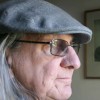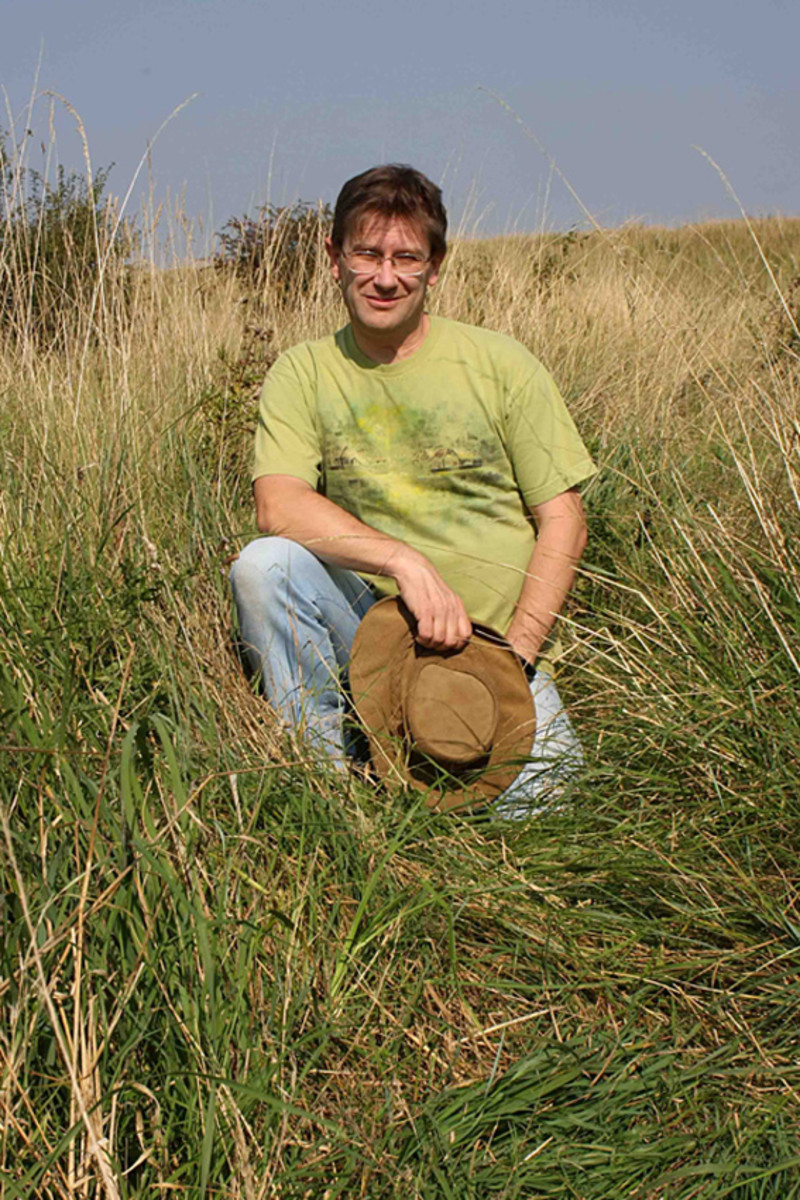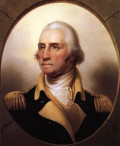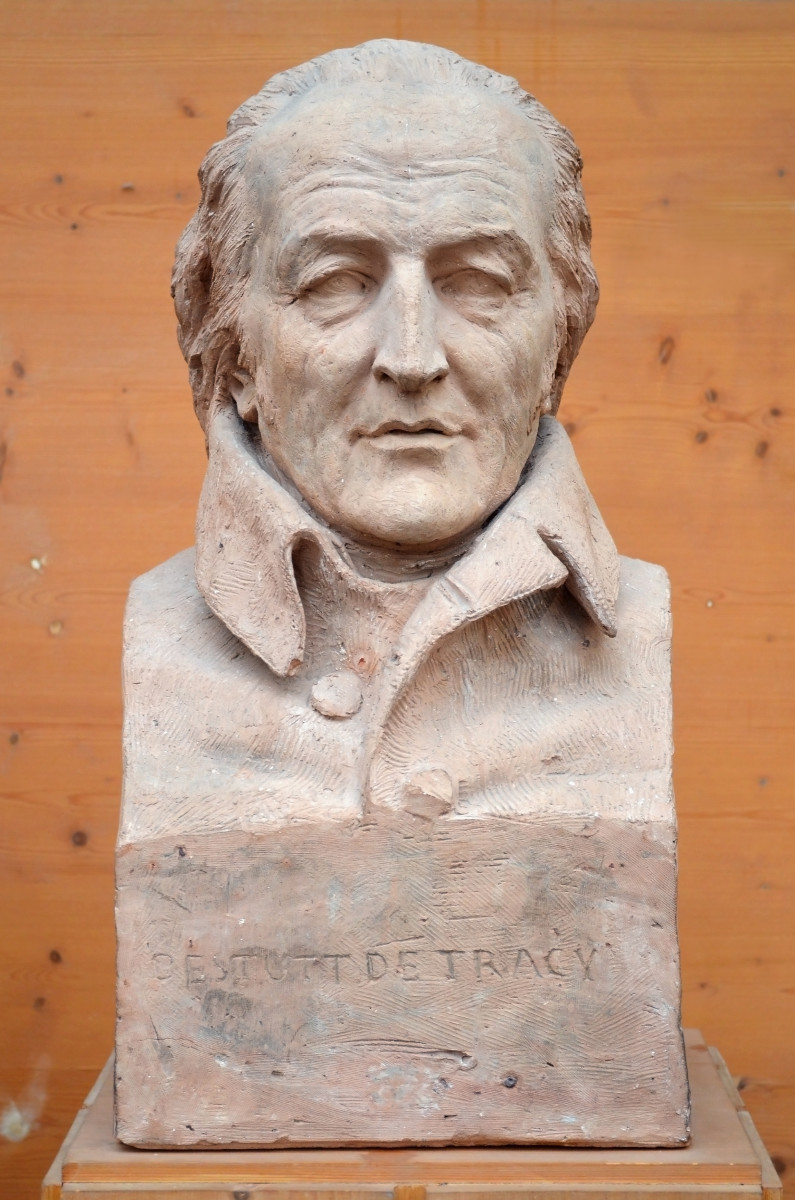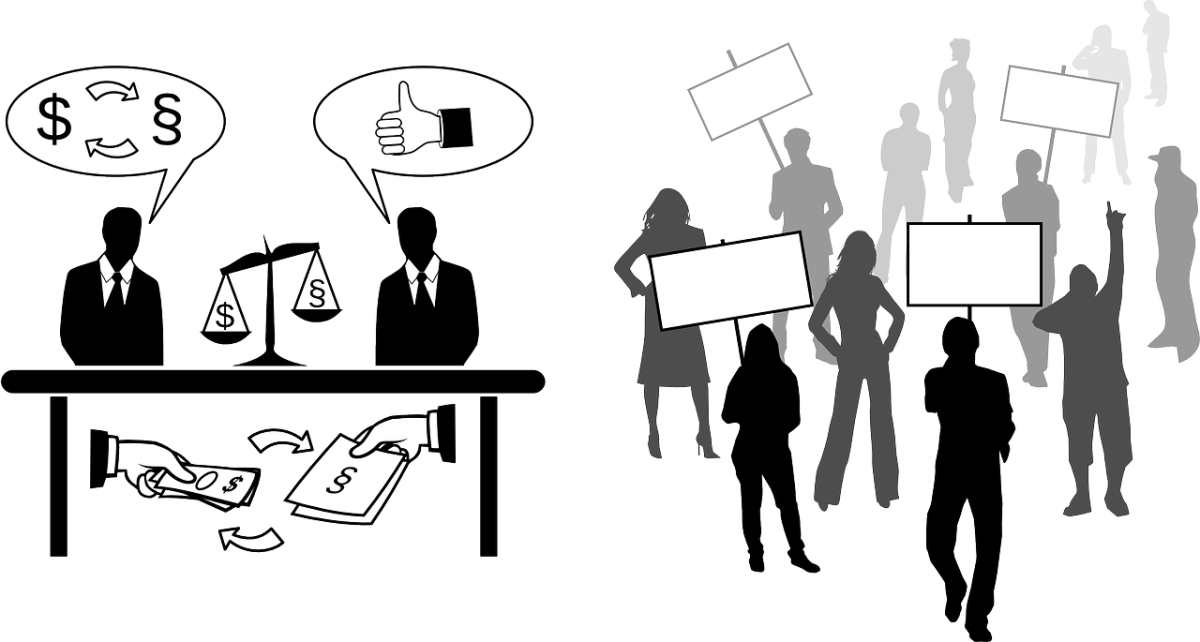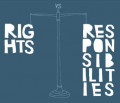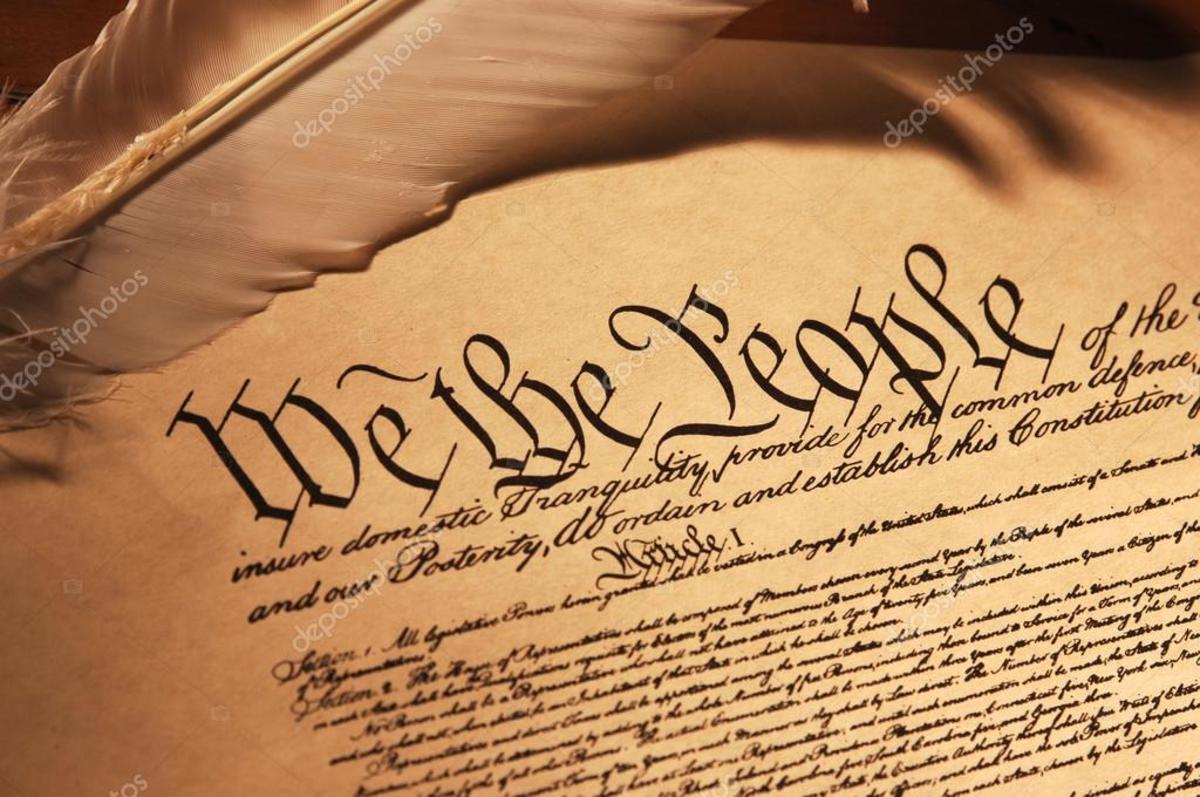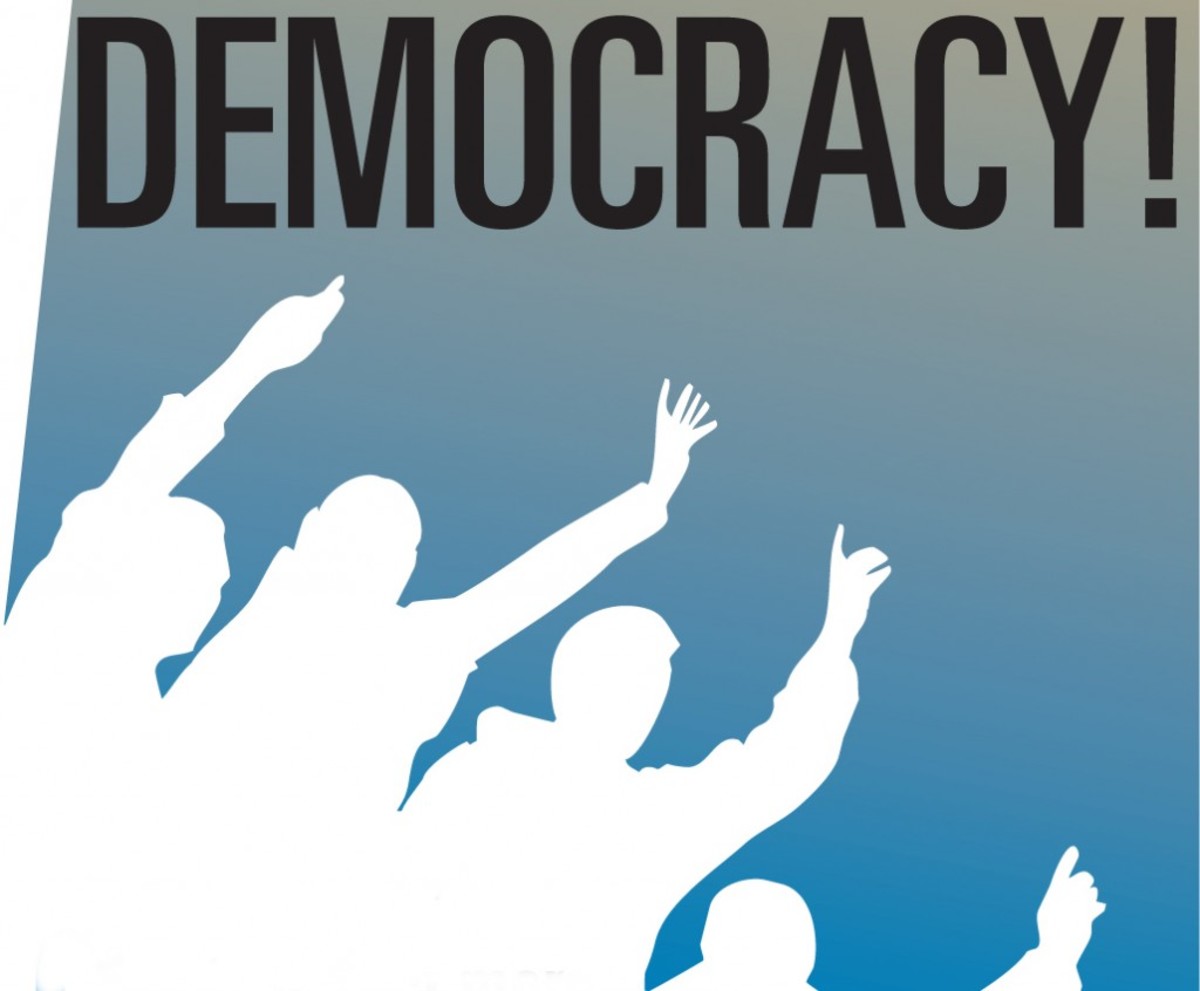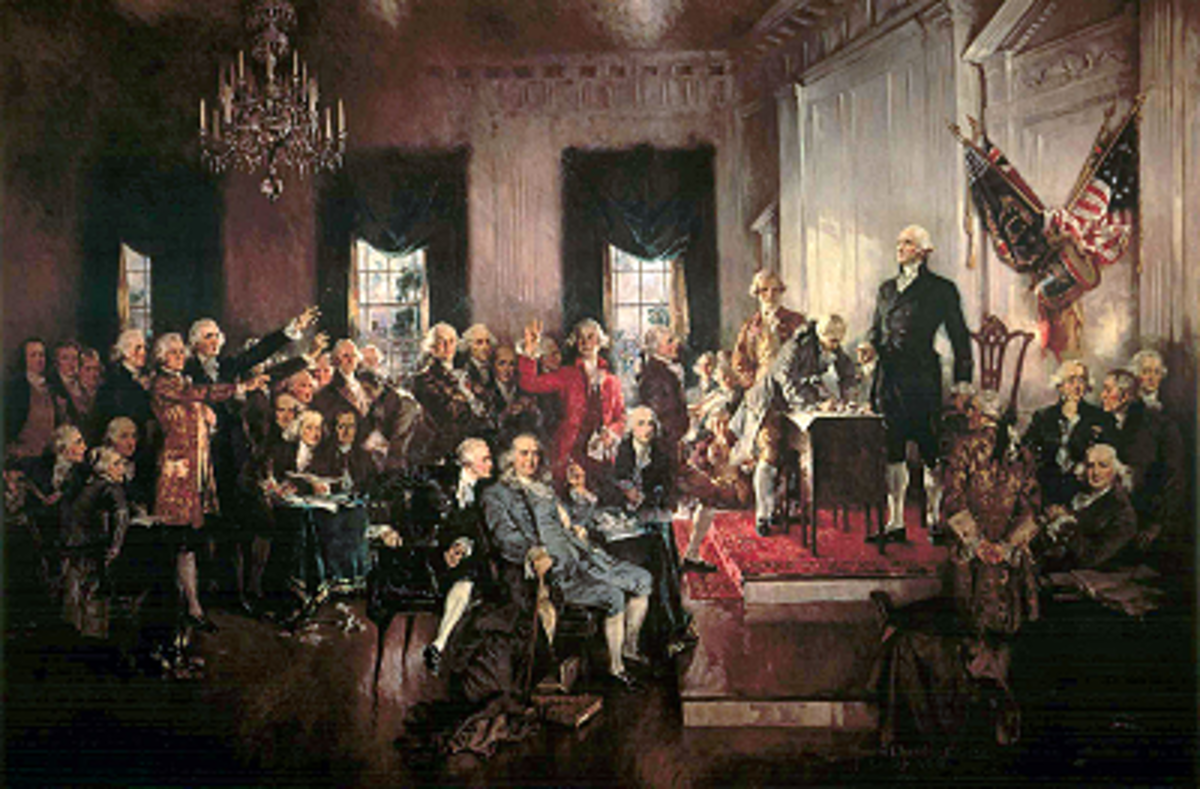A brief history of liberalism and why I'm happy to be “smeared” with that word!
What say the reeds at Runnymede?
At Runnymede, at Runnymede,
What say the reeds at Runnymede?
The lissom reeds that give and take,
That bend so far, but never break,
They keep the sleepy Thames awake
With tales of John at Runnymede.
This stanza, and those in the sections below, are from Rudyard Kipling's 1911 poem "What say the reeds at Runnymede"
Back in 1215, a little before my time, some high-and-mighties in England got together on the meadows at Runnymede on the banks of the Thames River near London and forced the highest-and-mightiest in the land, King John, to sign a document which has come down to us as the Magna Carta. This was, in effect, the birth of liberalism.
It was a document which, though it has been through many vicissitudes and twist and turns, is the foundation of all that liberalism stands for today, and its effects are seen in constitutions and basic laws around the world.
Even the Charter of the United Nationsis not thinkable without the Magna Carta.
Why did this document, signed by the King under duress, come to have such immense influence on political thought and action throughout the years? It had one main effect – until that signature was appended to that document, Kings had ruled by “Divine Right” and their slightest whim or fancy was to be obeyed without question.
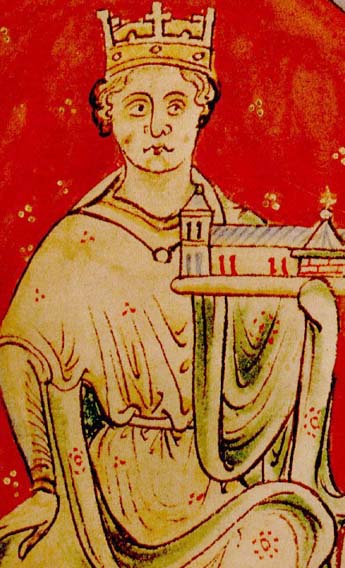
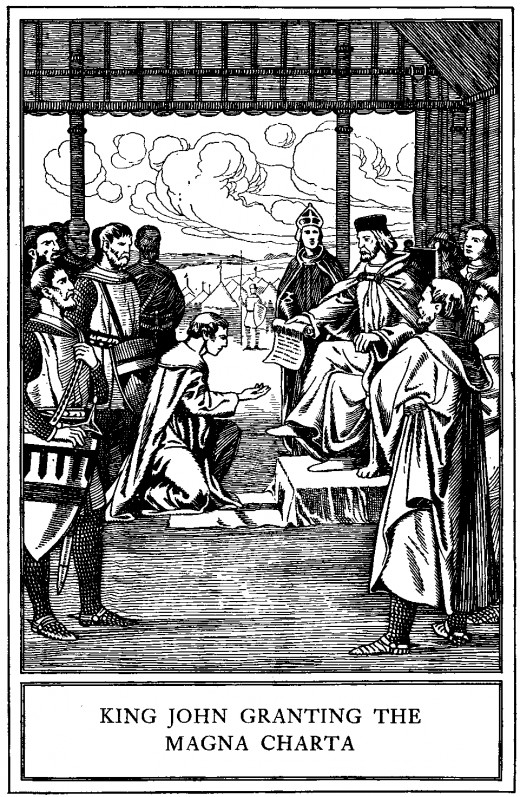
They settled John at Runnymede.
At Runnymede, at Runnymede,
Oh, hear the reeds at Runnymede:
'You musn't sell, delay, deny,
A freeman's right or liberty.
It wakes the stubborn Englishry,
We saw 'em roused at Runnymede!
But on that meadow of Runnymede on the15th day of June in the year of Our Lord 1215, the King in effect agreed that his “Divine Right” had limitations, in particular, that he could no longer imprison anyone on a whim. This is the great and fundamental principle of the Rule of Law, known by its Latin tag of Habeas Corpus. This is the first principle on which liberalism is based – that no-one can be imprisoned without due process. Without the principle of Habeas Corpus a ruler or a government can take away another person's freedom without the need to explain why. Of course a ruler or government can still put people away without cause or explanation, but if the Rule of Law is upheld, the ruler or government can be challenged legally and forced by the courts either to provide a proper reason for the imprisonment or, if they cannot do so, to free the person.
The drawback of the Magna Carta, of course, was that at the time it applied only to the Barons of England, not to the ordinary folk. But the principle was established and it only had to be rolled out to the rest of the people. Not an easy task in those inequitable days!
When through our ranks the Barons came,
With little thought of praise or blame,
But resolute to play the game,
They lumbered up to Runnymede;
And there they launched in solid line
The first attack on Right Divine,
The curt uncompromising "Sign!'
They settled John at Runnymede.
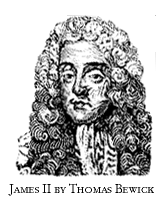
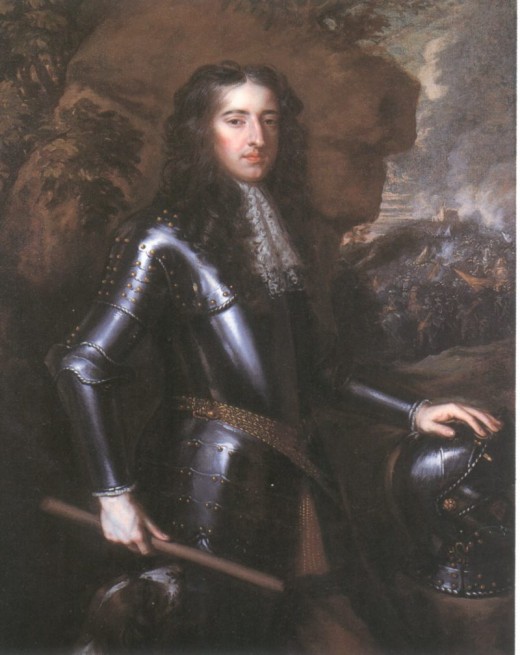
The Glorious Revolution of 1688
At Runnymede, at Runnymede,
Your rights were won at Runnymede!
No freeman shall be fined or bound,
Or dispossessed of freehold ground,
Except by lawful judgement found
And passed upon him by his peers.
Forget not, after all these years,
The Charter signed at Runnymede.'
In fact this had to wait some 473 years for the so-called “Glorious Revolution of 1688 which finally, or almost finally, established the power of Parliament over against the King. The King involved this time was King James II who's attempt to reinstate an absolute monarchy was stopped by the combined forces of Parliament and Prince William of Orange, in a not-quite bloodless revolution which has ever since been known as “Glorious” because it made Parliament supreme over against the King. A principle which still stands in Britain, though it has had some interesting permutations down the centuries.
When individuals want to become dictators, or when governments want absolute powers, certainly in the Western context, they always attack the principle of Habeas Corpus first. This is why liberals get rather hot under their sometimes over-stretched collars when governments initiate laws which seem to infringe on this principle. It is a first step towards dictatorship, and whatever the justifications used is usually bad for people.
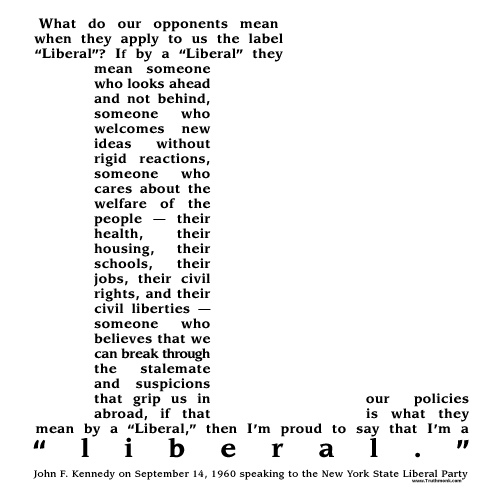
The text from the image above
''What do
our opponents mean when they apply to us the label "Liberal"?
If by a liberal they mean someone who looks ahead and not behind,
someone who welcomes new ideas without rigid reactions, someone who
cares about the welfare of the people - their health, their housing,
their schools, their jobs, their civil rights, and their civil
liberties - someone who believes that we can break through the
stalemate and suspicions that grip us in our policies abroad, if that
is what they mean by a liberal, then I'm proud to say that I'm a
liberal.”
Senator John Fitzgerald Kennedy
Accepting the
New York State Liberal Party 1960 Presidential Nomination
The
Commodore Hotel, New York, NY.
September 14, 1960
Extract from the Oxford Manifesto 1997 of Liberal International
"...that liberty and individual responsibility are the foundations of civilised society; that the state is only the instrument of the citizens it serves; that any action of the state must respect the principles of democratic accountability; that constitutional liberty is based upon the principles of separation of powers; that justice requires that in all criminal prosecution the accused shall enjoy the right to a speedy and public trial, and to a fair verdict free from any political influence; that state control of the economy and private monopolies both threaten political liberty; that rights and duties go together, and that every citizen has a moral responsibility to others in society; and that a peaceful world can only be built upon respect for these principles and upon cooperation among democratic societies. We reaffirm that these principles are valid throughout the world.
"Freedom, responsibility, tolerance, social justice and equality of opportunity: these are the central values of Liberalism, and they remain the principles on which an open society must be built. These principles require a careful balance of strong civil societies, democratic government, free markets, and international cooperation.
"We believe that the conditions of individual liberty include the rule of law, equal access to a full and varied education, freedom of speech, association, and access to information, equal rights and opportunities for women and men, tolerance of diversity, social inclusion, the promotion of private enterprise and of opportunities for employment. We believe that civil society and constitutional democracy provide the most just and stable basis for political order. We see civil society as constituted by free citizens, living within a framework of established law, with individual rights guaranteed, with the powers of government limited and subject to democratic accountability.
"We believe that an economy based on free market rules leads to the most efficient distribution of wealth and resources, encourages innovation, and promotes flexibility.
"We believe that close cooperation among democratic societies through global and regional organisations, within the framework of international law, of respect for human rights, the rights of national and ethnic minorities, and of a shared commitment to economic development worldwide, is the necessary foundation for world peace and for economic and environmental sustainability.
The full text can be found here.
What is liberalism?
And still when mob or Monarch lays
Too rude a hand on Englishways,
The whisper wakes, the shudder plays,
Across the reeds at Runnymede.
And Thames, that knows the moods of kings,
And crowds and priests and suchlike things,
Rolls deep and dreadful as he brings
Their warning down from Runnymede!
The basic definition of liberal from the Concise Oxford English Dictionary (COED) is “respectful and accepting of behaviour or opinions different from one's own” and, in a political context, “favouring individual liberty, free trade,and moderate political and social reform.”
The Wikipedia article on liberalism states that “most liberals support such fundamental ideas as constitutions, liberal democracy, free and fair elections, human rights, free trade, secularism, and the market economy.”
Now I suspect that the right wing attack on liberalism in the US particularly, but not only there, is based on two concepts enshrined in these two definitions: from the COED “accepting of behaviour or opinions different from one's own” and from the Wikipedia article the one word, “secularism”.
So let me state why I believe those two concepts not only are important but are essential to liberalism and, indeed, to democracy.
Let us look at the first statement, the one about respecting and accepting views different from our own. When this principle is absent or unheeded democracy is not possible. As Voltaire (real name, François-Marie Arouet) once said: “I disagree strongly with what you say, but I will defend to the death your right to say it.” For me, that is the essence of democracy and of liberalism. Freedom of speech, religion and opinion are not “nice-to-haves” or “optional extras” - they are fundamental. Without respect for and acceptance of differing opinions we cannot have democracy. These are basic human rights which any human, simply because they are human, have. Take them away and you are on the road to absolutism. As Albert Camus wrote in his great essay “Bread andFreedom”, “If someone takes away your bread, he suppresses your freedom at the same time. But if someone takes away your freedom, you may be sure that your bread is threatened, for it no longer depends on you and your struggle but on the whim of a master.”
Why this concept might be uncomfortablefor those on the right is that it implies that people who are different in any way have the right to be treated with respect and full rights. This means that homosexuals, blacks, Asians, Muslims, Hispanics, whomever, have to be treated with respect. And not only with respect, but they have rights, the same rights, as anyone else.
This principle means that no-one has the right to be more privileged than anyone else. The toothless, homeless beggar on the street has as much value in the eyes of the law as the fancily-dressed corporate executive or high-ranking politician. In any country where racial prejudice has been rampant, like South Africa, this value is very hard for some to swallow. True democracy means that there is no longer “us” and “them”, there is only “we, the people.”
The other word which no doubt causes those on the right red-faced apoplexy is the word “secularism”. But if we examine the word we will see that it too is an essential ingredient of liberty and democracy. The opposite of democracy in many ways is theocracy, the rule of religion. If freedom of religionis a basic human right, which I believe it is, then it has to be exercised in freedom from coercion. This would not be possible in a theocracy which, by definition, favours the ruling religion over others.
This is the reason why liberals tend to be fairly firm on the question of the separation of church and state, why liberals view with suspicion the use of religious symbols in affairs of state. Why, in situations where public funds are being used, the rituals and practices of a particular religion should not be featured. Those funds come from people of many different faiths, and so to use them to promote in any way, one particular faith, is anti-freedom. It is curtailing the freedom of those who do not share that particular faith. And this is no small matter, actually, but something fundamental to the liberal conception of freedom and respect.
For a liberal, the rule of law and constitutionalism is very basic to the concept of freedom. The rule of law, from the time of the Magna Carta, is the protection ordinary people have against arbitrary acts of the ruler or government. The rule of law means that government and its agencies cannot arbitrarily act against the interests of anyone. It means that the individual has recourse to law when such actions do occur.
So we who love freedom, especially in the English-speaking world, have much to thank those unruly barons on the meadow at Runnymede for. For without their action in standing up to the King, and the many who have followed them in standing up against tyranny and absolutism, we would not today enjoy those liberties we do enjoy. The Revolutions which birthed the United States and free France could not have happened, and those Revolutions were essentially liberal revolutions. The constitutions under which most of the English-speaking world and many other parts of the world live today would not have been possible without liberals who took seriously the demands of liberty.
Liberalism is not monolithic or static.It has evolved over many centuries, and in different ways, and is likely to continue to evolve for many years to come. Liberals stand against obscurantism and the disrespect of human intelligence so often encountered in authoritarian regimes, because liberals know that knowledge and understanding are essential factors in freedom,and that the price of freedom is constant vigilance against those who would undermine and destroy it. Freedom to seek for and find new knowledge is an essential bulwark against the despotism of ignorance.
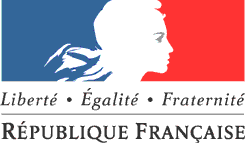
Nationalism and patriotism
Nationalism and patriotism could also be sites of contestation between liberals and the political right. By its nature liberalism is not conducive to the attitude of “my country, right or wrong.” Liberals tend to view all opinions as relative, and would want to apply reason to conflicts. So a narrow nationalism which sees an enemy in another country is incompatible with the liberal view of all people having rights. The ideology of national security is essentially illiberal and anti-freedom. So most liberals would naturally oppose anything which seemed to suggest that one nation has more right to exist than another. This is because a liberal view is that there should be a clear distinction between the government and the state.
So a liberal would oppose a fascist government in another country, and would indeed see it as a duty to do so, but that would be clearly different from opposing that country per se . Liberals were strongly opposed to Nazism in Germany, but did not have any prejudice against the German people or the country Germany.
In terms of recent history, liberals oppose the view that Muslims should be treated in any way differently than other people are treated. Just because some Muslims have behaved in a certain way does not mean that all Muslims should be objects of suspicion and be discriminated against.
In South Africa some years ago a young man got onto a bus carrying black commuters and shot some of them in cold blood. He claimed to be Christian and that his action was a Christian act. He claimed that blacks were not people and that it was the duty of Christians to kill them because they threatened the “purity” of the white race. This is the danger of the opposite of liberalism, when people are dehumanised and treated as objects.
Liberalism and humanism
Finally, liberalism is a humanism in the sense that it places a high priority on the good of the human being. That good is not defined in any ethereal or dogmatic way, but is based on the real day to day life experience of the individual.
Humanism, according to the COED, is a “rationalistic outlook or system of thought attaching prime importance to human rather than divine or supernatural matters.”
This is expressed in the last lines of Rudyard Kipling's “Song of the English”:
“Stand to your work and be wise – certain of sword and pen,
Who are neither children nor Gods, but men in a world of men.”
As he was writing in the early part of the 20th Century and the women's movement had not yet had the impact it would later have on our language, we have to forgive him that “world of men,” I guess!
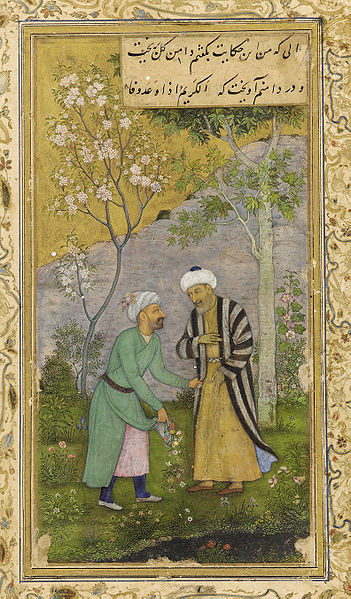
Peter Linbaugh video
The video above is a fairly long video (51 or so minutes) of an address given by historian Peter Linebaugh on "Magna Carta and the Commons" given March 13, 2009 at the Law of the Commons Conference at Seattle University and sponsored by the Seattle Chapter of the National Lawyers Guild.
It is a brilliant exposition of the meaning of the Magna Carta for our times. Well worth taking the time and trouble to listen to.
An article by Linebaugh on the Carta and its implications for today can be found here.
Some implications: I am involved in mankind
One of the greatest impacts that liberalism has had since the latter half of the 20thCentury is the way international relations have changed, or at least the way such relations are viewed. Before World War II nation states could go their own ways, to some extent, without impacting on others very much, but the war changed that radically. Pearl Harbour shattered the illusion of isolationism forever. No longer could any country claim to be able to “go it alone.”
One of the great learnings of the second half of the 20th Century is that in international relations, as in the relations between people, we are all connected.This was, of course, foreshadowed by poets and other visionaries long before. English poet John Donne, and Persian poet Saadi, had both expressed the inter-connectedness of people centuries before.
Saadi, who died in the 13thCentury, lived in Shiraz, Iran (then Persia) and wrote many aphorisms. One the best-known of these is the one at the entrance to the Hall of Nations in the United Nations building in New York:
“Of One Essence is the Human Race,
Thusly has Creation put the Base.
One Limb impacted is sufficient,
For all Others to feel the Mace.
The Unconcern'd with Others' Plight,
Are but Brutes with Human Face.”
John Donne, poet and Anglican priest, wrote in 17thCentury England, and in his “Meditation XVII” from “Devotions Upon Emergent Occasions” he captured much the same idea as Saadi had some four centuries earlier: “No man is an island, entire of itself; every man is a piece of the continent, a part of the main. If a clod be washed away by the sea, Europe is the less, as well as if promontory were, as well as if a manor of thy friend's or of thine own were. Anyman's death diminishes me, because I am involved in mankind; and therefore never send to know for whom the bell tolls; it tolls for thee.”
This rightly famous passage (and by the way, he did not write it as a poem, as it is so often presented, he wrote it as prose) is an almost perfect expression of the liberal idea of the connectedness of humanity. It is part of a longer piece, a meditation on the mortality of humanity, of which the bell ringing for a funeral is a timely reminder: “Nunclento sonitu dicunt, morieris. Now this bell tolling softly for another, says to me, Thou must die.”
This awareness of the fragility of human life, of the inevitable contact with our own death, is a key to understanding liberalism. Liberalism says to us, we are all mortal, in that there are no exceptions. So let us use the time we have to live in dignity and respect with those with whom we share this mortal life.
In an address to the United Nations General Assembly in 1962 Adlai Stevenson said of Eleanor Roosevelt: "She would rather light candles than curse the darkness, and her glow has warmed the world.” He was using a variation of an old Chinese saying, “Don't curse the darkness - light a candle.” The phrase has become popular in English as, “It's better to light a candle than curse the darkness.”
This to me is one of the important factors in liberalism, that it would prefer to get on with practical ways of improving people's lives than engage in endless ideological debate. It, as a philosophy and political approach, would rather shed light and warmth than blame.
Copyright Notice
The text and all images on this page, unless otherwise indicated, are by Tony McGregor who hereby asserts his copyright on the material. Should you wish to use any of the text or images feel free to do so with proper attribution and, if possible, a link back to this page. Thank you.
© Tony McGregor 2010
